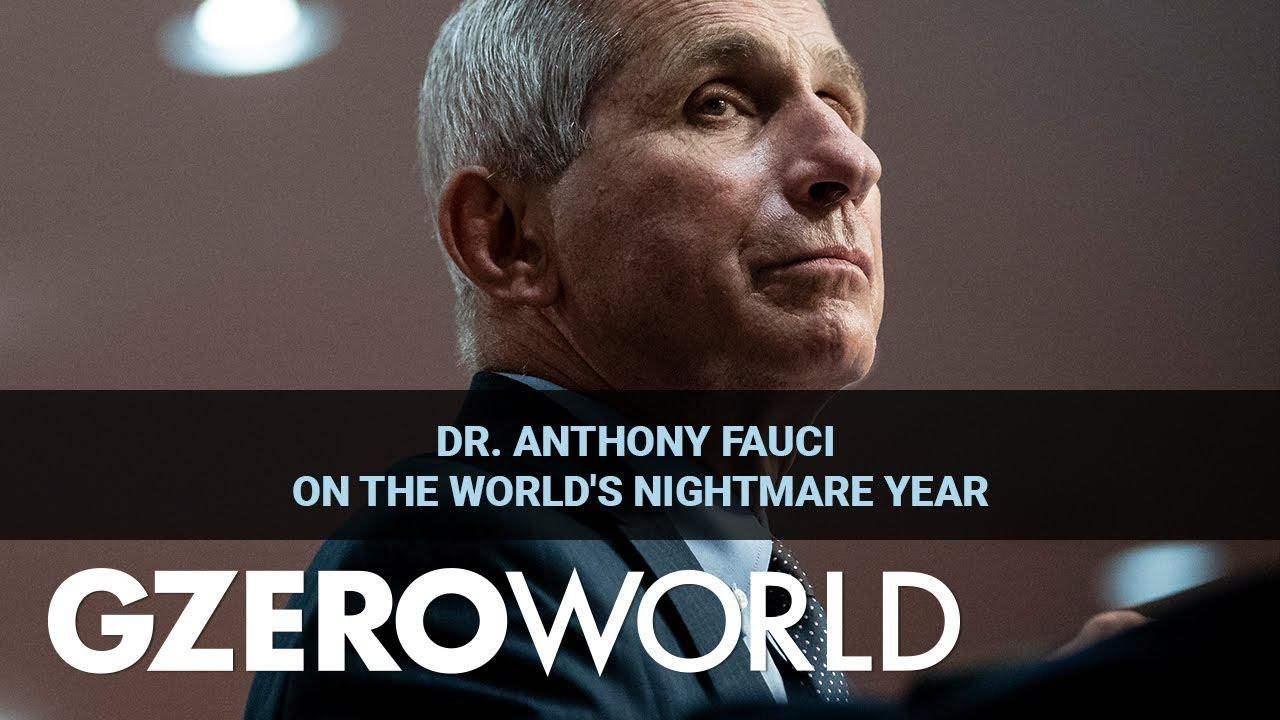Dr. Fauci on the world's nightmare year and when the COVID-19 pandemic could end
February 25, 2021

Dr. Fauci on the World's Nightmare Year | Ending the COVID-19 Pandemic | GZERO World
In the fall of 2019, weeks before the COVID-19 pandemic would change the world, Ian Bremmer asked Dr. Fauci what kept him up at night and he described a "a pandemic-like respiratory infection." Fast-forward to late February 2021 and Dr. Fauci tells Ian, "I think we are living through much of that worst nightmare." Dr. Fauci returns to GZERO World to take stock of the nightmare year and to paint a picture of what the end of the pandemic could look like—and when it could finally arrive.
Catch the full episode of GZERO World, where Dr. Fauci discusses the latest in vaccine roll out, schools re-openings, and plenty more, on US public television stations nationwide, beginning Friday, February 26. Check local listings.
From Your Site Articles